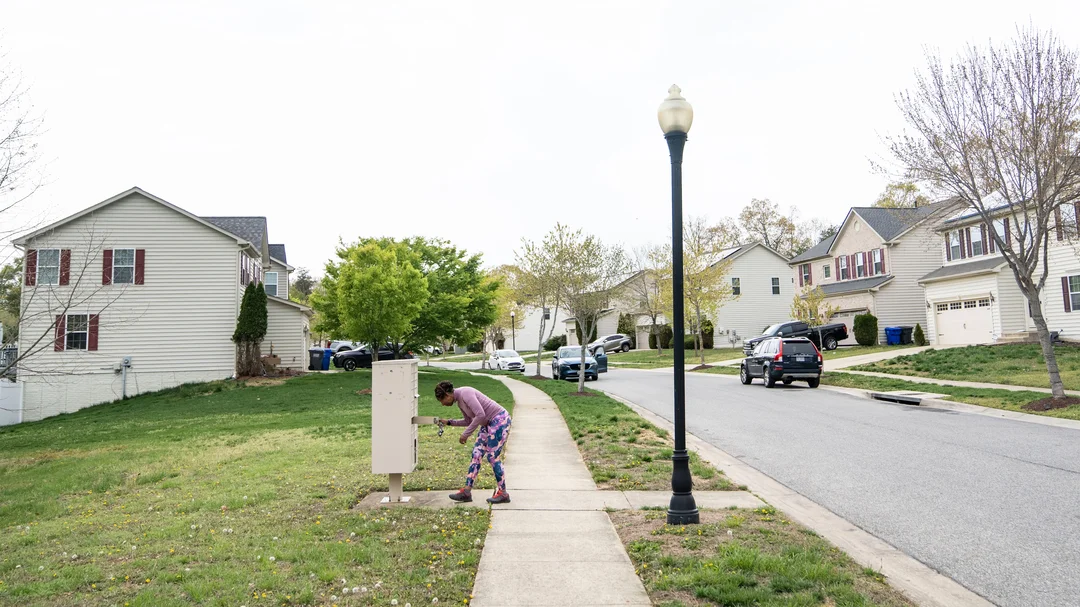
Federal Worker Cuts Trigger Economic Ripples Across America’S Black Middle Class Strongholds
As federal agencies brace for another wave of mass layoffs, the Trump administration’s push to shrink the government — now helmed by tech titan Elon Musk — is sending shockwaves through communities and industries far beyond Washington, D.C. The latest round of "reductions in force" signals not only the redefinition of America’s civil service but also portends new social and economic fault lines, particularly in the nation’s two wealthiest majority-Black counties.

The mass departures — both forced and voluntary — have emptied seats in critical federal agencies such as the Environmental Protection Agency, Department of Health and Human Services, and the National Park Service. According to insiders, layoffs and incentives to leave have left managers “in the dark,” with many learning their fate from news sources rather than from official channels.
Nowhere are the personal and communal impacts of these sweeping changes felt more viscerally than in Maryland’s Charles and Prince George’s counties. These suburban enclaves, the richest Black-majority counties in America, owe much of their prosperity to generations of stable, well-paying federal employment. Now, as layoffs surge, their economic foundation is at risk.
At the Copper Compass Distillery in Waldorf, owner Herb Banks has noticed his regulars — many of them federal workers — are coming in less often. “The revenue has decreased significantly,” Banks shared, echoing the anxiety gripping local businesses. The boom in Black middle-class professionals that once defined these zip codes is facing an unprecedented test.
Economists note that in Prince George’s County, every one percent increase in federal employment equates to a $3,300 boost in median household income. The impact reaches deep: over 70% of full-time Black workers here own their homes, far outpacing the national rate. But as jobs evaporate, so does confidence — and spending.
The stories are personal. Denise Joseph, a Department of Education employee, described sleepless nights and a relentless campaign to regain her job after receiving a late-night termination notice. “I love helping people, and the federal government helped me do that,” she recalled. Connie Moore, another lifelong public servant, is contemplating moving if her fiancé — also a federal worker — loses his position, too.
These cuts threaten not just paychecks but the fabric of community stability and intergenerational opportunity. “Increased unemployment has a community-wide effect, even in households where adults have not been rendered jobless,” cautioned Duke University economist William A. “Sandy” Darity.
Downstream effects are multiplying. Janine Horne, whose Waldorf wellness studio primarily serves federal workers, has seen business anxiety — and demand for stress relief services — soar. Property managers report tenants leaving or downsizing, and local governments are bracing for declines in tax revenue needed for schools and public safety.
As state Delegate Adrian Boafo noted, uncertainty about the region’s economic anchors is already influencing the next generation: “There’s a generation of kids who are seeing this and are looking at federal government work as not dependable. And that’s going to be the worst part of all of this.”
The true impact of the Trump-Musk workforce overhaul remains to be seen. What is clear: the future of not just American government, but entire communities, hangs in the balance. What do you think about the sweeping changes to the federal workforce? Have your local communities been affected? Leave a comment below and share your perspective.